In Case of Emergency
Insights into extensive Crisis Management
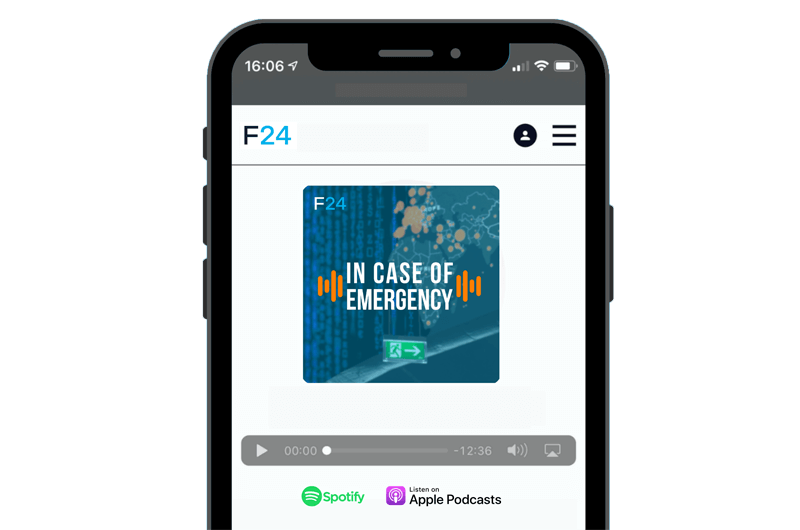
We believe sharing information, learnings, and best practices is important. Driven by this belief, we have created “In Case of Emergency” your podcast about insights into crisis management and emergency notifications. It’s your source of valuable information about business continuity, emergency response, public alerting and much more.
John Davison, the host of this podcast, is interviewing international experts and professionals in their respected fields to share different experiences, tips and valuable information on various aspects of incident and crisis management.
As Managing Director he manages F-24 UK Ltd. and F24’s general London operations with passion and dedication driving forward the success of F24’s products for alerting and crisis management on an international scale.
You can also listen to all episodes on Spotify or Apple Podcast.


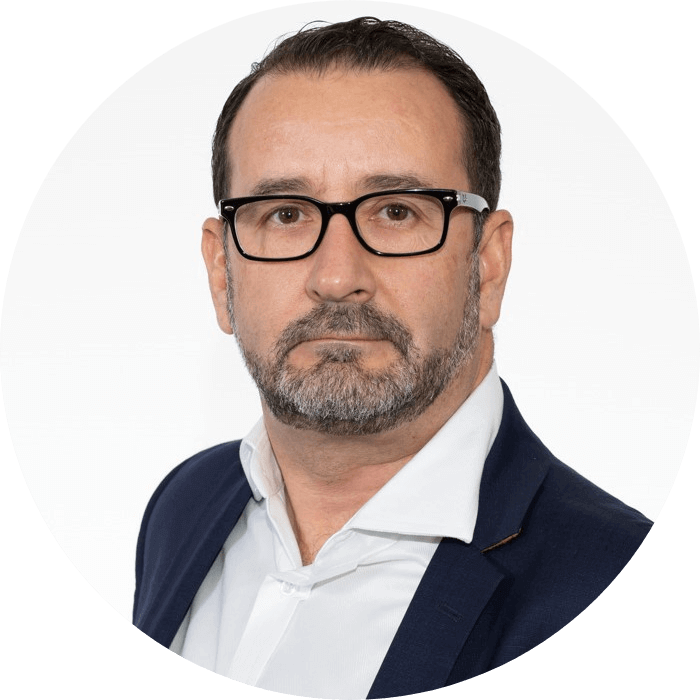
John Davison, Managing Director F-24 UK Ltd.
New Episode
Episode 47: Navigating Turbulence – Building Resilience in the Aviation Industry (Part II)

John and Rick
In this episode, John is in conversation with Richard Drennan, Business Continuity and Crisis Response Manager at flydubai. He started his aviation career on the ground with Menzies Aviation before holding roles within Titan Airways and British Airways in the U.K. In 2014 he joined flydubai within their Network Control Centre following his original discipline of Operations Control/Flight Dispatch. Since then, he has progressed and held roles in Airport Services and Safety before being tasked heading up Business Continuity & Emergency Response for the Organisation.
In addition to these roles, Rick hold the position of Emergency Response Director and is a member of the company Threat Assessment Group.
01:17 You mentioned the Dubai floods last year was a black swan event. But what if these are more regular occurances due to the changing climate patterns?
04:56 In Terms of decision making in critical situations or times of crisis – how do you think leadership styles influence the outcome of a crisis?
06:12 A crisis isn’t the time to be developing relationships…
08:30 Rick, what advice would you give to organisations who are looking to build stronger crisis management frameworks?
14:47 What have you learnt by working in your profession that you may have adopted as a standard working practice or perhaps you even use it in your personal life?
All Podcast episodes at a glance:

Marianne Brokjøb from Equinor
Episode 1: Train hard, fight easy – but why is it important to train and exercise?
In this episode we cover the importance of training and get some deeper insights into challenges large companies face, as well as potential training programs and tips.
2:11 Why is it essential to train and exercise, when there are well documented processes that have been well prepared?
6:13 What are the typical challenges that you face when training an exercising? What about a large company with many different geographic locations?
7:20 How about scenarios, what do you typically exercise during your training programs?
Episode 2: Certainty during insecure times: Efficient mass notifications with acknowledgements – what does that look like in practice?
The F24 colleagues discuss different use cases of mass alerting in Germany and Spain/Mexico and depictsome successful real examples. They also provide tips to alert a large number of people.
1:34 For which user cases or situations is mass alerting recommended?
2:46 In your opinion what are beneficial functionalities linked to alerting a large number of persons? (e.g. international alerting)
7:27 In terms of past incidents can provide some examples of notable past incident where mass notifications proved to be so successful.

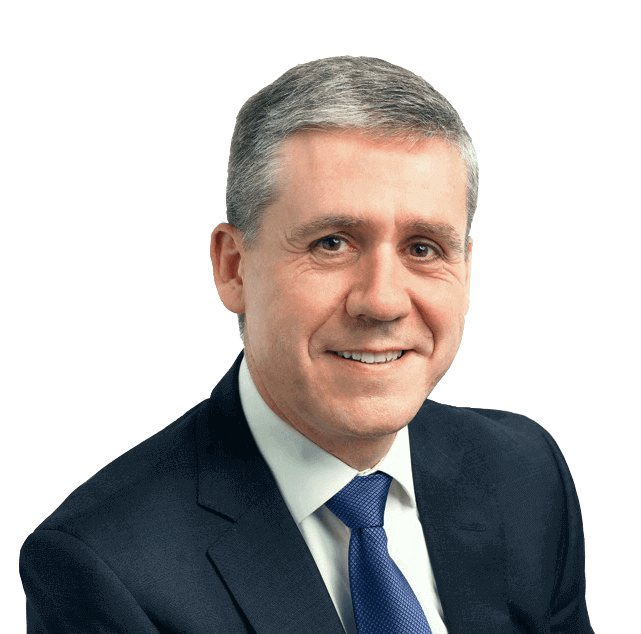
Eske Ofner from F24 AG & Juan Manuel Gil from F24 Servicios de Comunicación S.L.U.

Martin Stamm from A3M
Episode 3: Safe travels: Keeping employees safe during work-related travels can be a significant challenge, which is why professional and real time risk monitoring is a must – but how?
In this talk we talk about the impact that COVID-19 had on employee travels and discuss changes and recommendations of travel safety as well as risk monitoring of the near future.
1:52 How can a software help organisation to keep their employees safe when travelling?
3:25 How did COVID-19 impact risk monitoring and employee travel?
6:32 What is your recommendation and main aspects to consider in the near future in regards to employee travel safety?
8:10 Are there any other aspects that would benefit a business when it comes to monitoring global risk?
Episode 4: Digital task management – how to bring your plans to life?
Gain new insights on the benefits of digital task management, as a part of crisis management, and learn moreover about the most important aspects and requirements in practical terms.
1:32 What would you describe to be the most important aspect of crisis management?
3:40 What are the benefits of digital task management and what requirements are necessary? (e.g. checklists)
7:47 Can you recite recent examples of where one of your customers really exceled in using FACT24 CIM to deal with a critical situation?
10:03 What is your view in terms of operational resilience v crisis management, should organisations keep a clean line between day-to-day operations and real crisis incidents?

Kristian Pettersen from F24 Nordics AS

Dr. Sabine Schnabel, LL.M. (NYU), Founder and CEO of BSH advisors
Episode 5: The role of compliance in crisis management – why is it an important aspect to integrate?
This discussion about compliance in crisis situations highlights different examples of crisis that interfere with the important role of compliance and provides recommendations on how to integrate compliance policies into your crisis management.
1:51 Why is it important for compliance leaders to be part of crisis management?
5:05 What challenges do compliances teams face in crisis situations, can you give us some examples?
8:17 How would you recommend integrating compliance policies into crisis management?
Episode 6: Reliable Information – how do you organise effective communication for a crisis situation?
This episode highlights the successful communication in crisis situations based on recent examples and our invited communication expert also gives some recommendations on approaching crisis communication.
1:45 Is there a secret miracle solution to successful crisis communications?
4:50 Can you recite some recent crisis situations that were handled particularly well or perhaps even badly in terms of communication?
7:02 What about the saying “say nothing to no-one” approach when should such an approach be adopted if at all?

Prof. Dr. Stefanie Heinecke from Fresenius

Benjamin Jansen from F24 AG
Episode 7: Comprehensive crisis management – So let’s now look at the future of F24: what does it look like?
In the last episode, we will give you a closer look into F24, as the leading European provider for incident- and crisis management and what has changed during the last year of a global pandemic. Furthermore, we will talk about the importance of technological assistance in crucial situations.
1:44 Tell us more about F24 the leading European solution provider in emergency notifications and crisis management?
3:30 How can technology assist organisations in managing crisis situations?
5:35 How has F24’s focus changed in the last year during the global pandemic crisis?
Episode 8: Enhancing Reputation through Crisis – how does effective media management work?
John Davison and Peter Barrett discuss the most important aspects of reputational management and why good media mangement can help to improve your reputation or even lead to invisible crisis for the public eye. Illustrated by remembering real examples of the past like the UK horse meat scandal or the Ratners Jewel PR crisis.
2:01:30 Could you give a quick introduction to Powerscourt and your role?
02:50 In regards to your experience, can you recite any example of good reputational crisis incidents that were managed successfully with the particular eye to the media management topic?
7:20 What are some challenging attributes to crisis management compared to business as usual?
10:18 It’s not so much the big impact, that you’re talking about, but something relatively slow burning and if it’s not dealt with it could turn into something bigger?
12:16 Do you remember Gerald Ratner’s example of a PR crisis?
14:27 What have you learned by working in your profession that you may have adopted as a standard working practice or perhaps which you even use in your personal life?
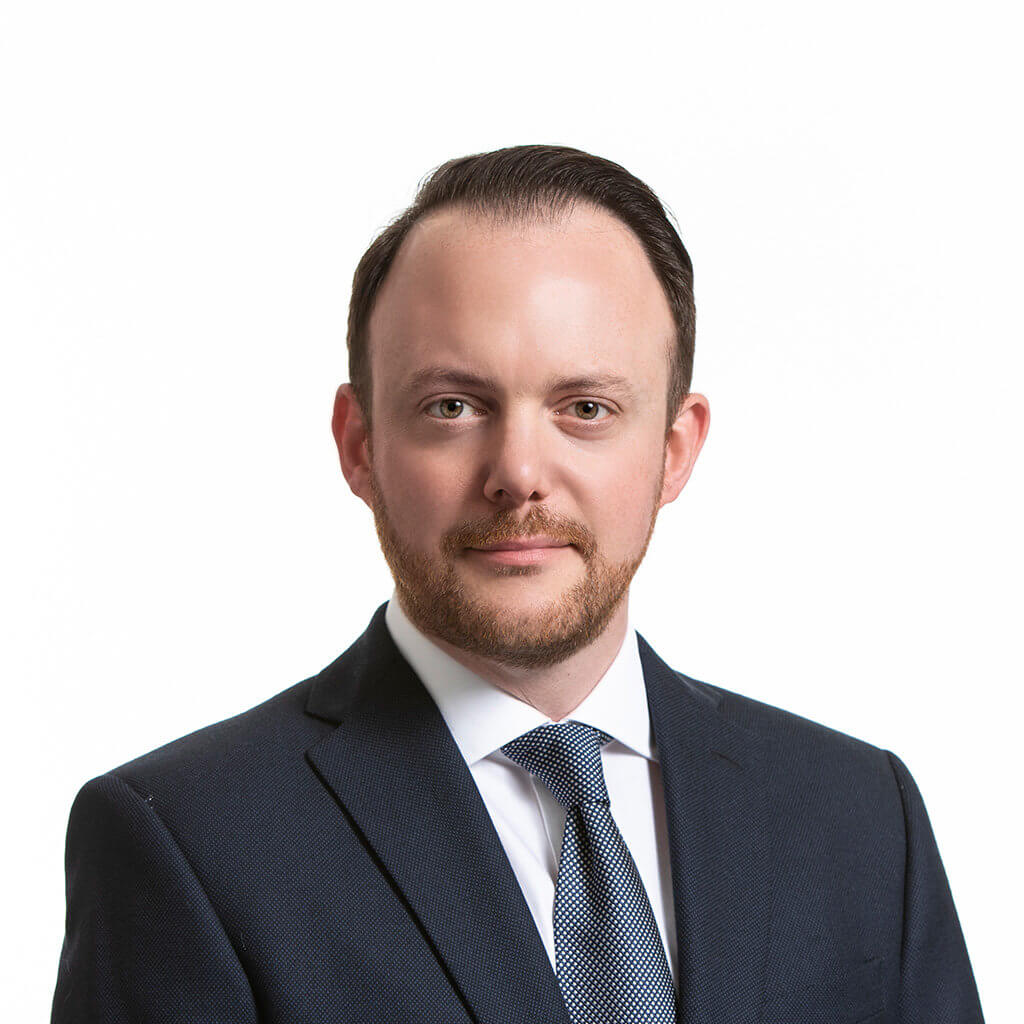
Peter Barrett from Powerscourt
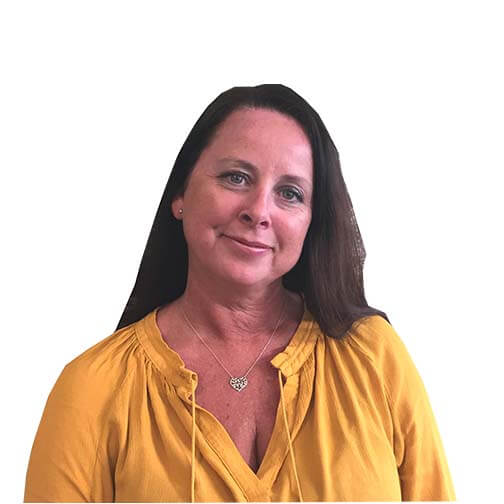
Carol Mackenzie, Group Head of Crisis Management and Business Continuity from TUI
Episode 9: Real-time Overview- Is task management the digital “Open Line”?
In this episode you’ll gain a deeper insight into how digital task management supports globally working organisation like the TUI Group. The interview with Carol Mackenzie also highlights the advantages and changes digital task management during the last years of the pandemic. Furthermore, the example of Hurricane Irma is used to illustrate the agility and abilities digital taks management offers.
2:16 From your crisis management experience, what are the key insights into practical use of task management for an organization when managing an emergency event or a data crisis event?
5:15 Over the past couple of years their have been some incidents that maybe raised the profile within TUI to bring together your teams. How was that handled during covid and with people working remote?
6:56 Can you recite any examples of where task management proofs to be crucial in certain situations?
9:40 Do you think there is a secret formula to ensure employees have a clear overview of crisis and can you provide a good example of it?
13:30 What have you learned by working in your profession that you may have adopted as a standard working practice or perhaps which you even use in your personal life?
Episode 10: Championing Business Continuity – What can we derive from research?
Rachael Elliott, Head of Thought Leadership at the BCI talks about the challenges and developments she has observed in years of researching in the field of Resilience. This episode deals with the upcoming scientific insights of the BCI for 2022 and the possible change that will occur in Business Continuity and Resilience. You will also gain a deeper inside into the latest Report on Emergency and Crisis Communications.
1:48 What is the BCI and what is the work like as a researcher?
4:12 Do you think there are any aspects of BC or CM that need more attention or may need more attention in the future?
6:24 You are talking to a lot of experts, industry professionals and organizations that have the challenging topic of being resilient. Do you have any particular observations or takeaways from somebody’s interviews maybe a reoccurring theme?
9:10 You mentioned earlier the Emergency and Crisis Management Report. In regard to that particular report, do you have any tips for the professionals listening based on some of the insights that have been gained?
12:16 Do you remember Gerald Ratner’s example of a PR crisis?
13:55 What have you learned by working in your profession that you may have adopted as a standard working practice or perhaps which you even use in your personal life?

Rachael Elliot Head of Thought Leadership
at the Business Continuity Institute
Luigi Martino, Head of the Center for Cyber Security and International Relations Study at University of Florence
Episode 11: Cyber Security and the human factor – a global challenge or individualistic?
Listening to this episode, you`ll attend an interesting conversation with Luigi Martino, Professor and Head of the Center for Cyber Security and International Relations at the University of Florence. He’s sharing his insights of working within the Global Commission on Stability of the Cyberspace and the importance of global cooperation in the field of Cyber Security. Furthermore, the challenges of secure IT systems in times of remote working and the human factor of cyber attacks are addressed.
2:09 You are a member of the Global Commission on the Stability of Cyber Space. Could you tell us a little bit more about that roll and what it is about?
6:30 What can organisations do, to minimize that particular risk?
7:44 Would that be Phishing Mails?
10:56 So Cyber Security is about people, it is about the individuals and about their awareness?
11:47 I know one of your current research focuses on a slightly different aspect of Cyber Security. Not for organisations, but about the overarching correlation of Cyber as a Space and indeed Outer Space. Tell us a little bit more.
16:10 What have you learned by working in your profession that you may have adopted as a standard working practice or perhaps which you even use in your personal life?
Episode 12: Informing Persons of concern – What are the important aspects of disaster response?
By discussing the sensitive topic of disaster response, this episode examines the importance of correct person of concern management. Abigail Pollard shares her experience in the aviation industry and outlines challenges in working internationally as well as the
2:17 Tell us a little bit about Blake Emergency Services, what do you do?
4:51 What can you share with us from your experience on how to best organise such a process?
9:15 How do you capture these critical/sensitive information?
10:56 What is the biggest challenge in terms of disaster response for organisations?
14:38 What have you learned by working in your profession that you may have adopted as a standard working practice or perhaps which you even use in your personal life?

Abigail Pollard, Managing Director at Blake Emergency Services
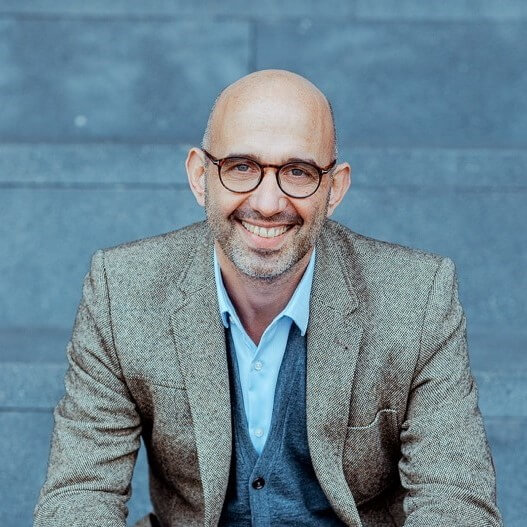
Markus Epner Head of Academy at F24
Episode 13: Virtual crisis management- a chance or problematic?
In this episode, you’ll gain a deeper inside on the field of crisis management. Speaking from his own experiences, Markus Epner talks about the changes that working remote brought to the field of crisis management. He outlines the advantages in managing a crisis virtual, but also shows the multiple challenges that this “new” form of crisis management poses.
2:04 Speaking from your experience, how has that change of working life (working remotely) impacted organisations, and how should they handle incidents and crisis events?
6:20 How would you define virtual crisis management?
7:28 Can you share any potential challenges or obstacles that might arise from a virtual work environment?
11:30 What about the future? Where do you see the new way of virtual crisis management going in future?
12:50 What have you learned by working in your profession that you may have adopted as a standard working practice or perhaps which you even use in your personal life?
Episode 14: Organizational Cyber Security – a Challenge to be mastered?
Eli Westad Garmann, talks about the need for testing and running cyber security incident response plans and what to consider in this context. She gives some great tips on what cyber security measures an organisation must include in a plan and shares her experience of important aspects that are sometimes overlooked in the early stages of planning, e.g. during purchasing a new digital software.
2:02 How can organizations protect themselves from the rising risk of cyber attacks and what role does testing and running incident response plans have to play?
5:07 What do you recommend organizations should do in regards to cyber security incident response plans?
5:52 How do you suggest organization to prevent the risk during such an incident?
7:52 Would you still typically recommend organizations to do a deeper dive beyond just the certification, or would you say the certification has kind of a security in the knowledge that an organization is well-prepared for the threat of information security?
8:57 From your experience Eli what would you offer as a best practice or alternate recommendations that you can share with us ?
10:03 What have you learned by working in your profession that you may have adopted as a standard working practice or perhaps which you even use in your personal life?
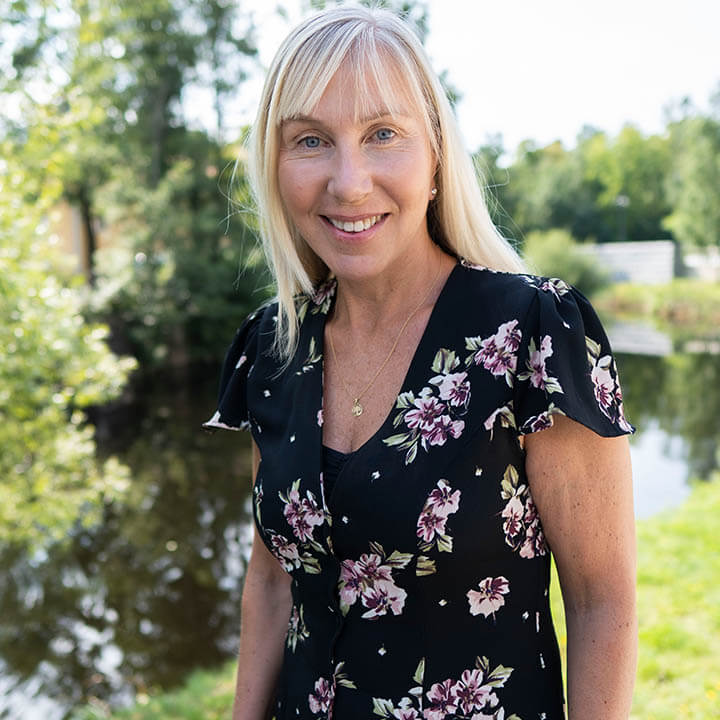
Eli Westad Garmann, Group Lead Cyber Security at Advansia

Jerry Allan, Director and Co-Founder CrisisVR
Episode 15: Empowering the front line – the key to a successful response plan?
With his many years of experience Jerry Allan, Director and Co-Founder of CrisisVR, shares his knowledge on how to prepare your operational staff to deal with unexpected situation and the impact of ambiguous events. While highlighting the importance of empowering the front line, he details the necessary skills and key aspects of a successful response plan.
1:51 When an incident occurs and the first responders have to work together with the emergency services, what challenges arise and how can the resulting problems be prevented?
04:08 How do you collaborate in terms of a multitude of stakeholders, how do you bring all players into the same exercise?
06:09 What about the internal communication between the departements, especially between the strategic crisis management team and the operational front line. Can you recommend any basic strategies, perhaps concepts on how to set up the ideal process for all parties?
09:04 How would you suggest to really prepare the front line to deal with a really unexcepted crisis?
11:25 Going back to those simulations, how can you best put those plans into practices? Unannounced simulations or pre-planned simultations?
13:30 What have you learned by working in your profession that you may have adopted as a standard working practice or perhaps which you even use in your personal life?
Episode 16: Public warning systems – How do they contribute to public safety?
In this episode, Amélie Grangeat introduces you to the field of public warning systems. She gives an overview of the functionality, the legal framework but also the challenges, e.g. how do I warn people without access to technical devices?
2:13 Why is a public warning system so essential, and how is it applied around the globe?
4:10 And who would typically operate a public warning system and how does it work
5:35 How does it work ? How does everybody get that communication?
7:31 What is your experience of utilizing public warning systems within the lifecycle of a crisis, do you have any example where such a system really has proven itself in protecting lives?
9:31 How can you be certain that you reach everybody that needs to be alerted, in particular the old or young? How flexible is the system to go beyond reaching only to people with mobile phones?
12:25 What have you learned by working in your profession that you may have adopted as a standard working practice or perhaps which you even use in your personal life?

Dr. Amélie Grangeat, Senior Product Manager and Expert on public warning systems at F24

Nana Kalandarishvili, Manager at PWC and Expert in Geopolitics and Security
Episode 17: Geopolitical awakening of Corporate Security – a step towards crisis preparedness
Nana Kalandarishvili shares her knowledge on the topic of geopolitical conflicts and good governance. She talks about the impact of geopolitical conflicts on companies and their well-being. She also shares her insight on how companies can prepare themselves for big geopolitical conflicts..
01:43 Are cooperations able to prepare for the geopolitical crisis and their effect effectively?
02:26 How do companies have access to the expertise in geopolitical risks, it seems quite a specialist field?
04:43 Do you think it needs a dedactive role responsible for that on the security risk team?
06:55 What geopolitical scenarios do you foresee in the future? And how do you see this typical scenarious impacting different business sectors?
09:41 What are the key aspects to pay attention to for security professionals to prepare themselves for the best possible crisis management for the future?
11:41 What have you learned in your profession that you may have adopted in your own standard working practice or in your personal life?
Episode 18: Training Teams for trauma Response – Dealing with the aftermaths of a crisis
Brian Power shares his knowledge gained from over 40 years experience as a specialist training manager working for the british transport police and how he dealt with dramatic crisis events impacting lifes and individuals and those responding to the incidents.
02:14 What are the differences between loss, trauma and the crisis?
04:00 What are the key recommendations that you would give to organisations on how they can be better prepared and making their teams more capable of handling traumatic crisis events?
5:45 What would you recommend being the most important aspect to consider for those responders when having to relay such tragic news?
08:40 Do you have any examples of perhaps some very well executive or perhaps some very poor executive communication in any of the work you have been?
12:10 What you may have learned in your profession that you may have adopted in your own business life or perhaps in your own personal life.

Brian Power, Crime Training Manager, British Transport Police

Episode 19: The Holiday Episode Part 1
Looking back at the year
It’s almost time to wrap up the year. 2022 has been eventful – from global political events to their resultant crises, we have seen quite some disruptions. Perhaps to reflect this, our panel of experts for the podcast in Season 2022 spoke about the implications of these events and how to stay resilient for the upcoming times. In this special episode we bring you their highlights from the year.
Featuring in this episode:
01:17 Peter Barrett from Powerscourt
09:20 Carol Mackenzie from TUI Group
13:45 Rachael Elliot Head of Thought Leadership at the Business Continuity Institute
18:47 Luigi Martino, Head of the Center for Cyber Security and International Relations Study at University of Florence
22:50 Abigail Pollard, Managing Director at Blake Emergency Services
Episode 20: The Holiday Episode Part 2
Looking back at the year
It’s almost time to wrap up the year. 2022 has been eventful – from global political events to their resultant crises, we have seen quite some disruptions. Perhaps to reflect this, our panel of experts for the podcast in Season 2022 spoke about the implications of these events and how to stay resilient for the upcoming times. In this second part of our special holiday episode we bring you their highlights from the year.
Featuring in this episode:
01:16 Markus Epner Head of Academy at F24
05:27 Eli Westad Garmann, Group Lead Cyber Security at Advansia
09:17 Jerry Allen, Director and Co-Founder CrisisVR
13:13 Amélie Grangeat, Senior Product Manager and Expert on public warning systems at F24
18:51 Nana Kalandarishvili, Manager at PWC and Expert in Public Warning
23:22 Brian Power, Crime Training Manager, British Transport Police


Heidi Snow, Founder / CEO – AirCraft Casualty Emotional Support Services (ACCESS)
Episode 21: Navigating Grief – Understanding How to Support Survivors of Personal Loss
Trigger warning: We will be discussing topics that involve death and sudden loss of loved ones based on real experiences, tragic losses and past disasters. If one of these things are triggering for you, please skip this episode.
Heidi Snow has been providing care to thousands of people affected by air disasters and sudden loss for over 25 years. In 1996, Heidi founded the non-profit organization, AirCraft Casualty Emotional Support Services (ACCESS – accesshelp.org) to ensure no one goes through the acute loneliness, isolation and grief that she had to experience after the unfortunate flight accident which took her fiance’s life.
02:20 Heidi is the CEO and founder of ACCESS which has been providing disaster breavement support to those who have survived or lost loved ones in aviation tragedies. Tragically, Heidi, it started with a very personal experience for you.
13:20 So the empathy, the experience of going through the same lot is an important factor for the volunteers you have for the organisation?
16:20 What recommendation do you have for crisis responders to help them prepare better for bereaving individuals?
23:30 What have you learnt personally from working in your role that you have adopted through the tragedy you have experienced?
Episode 22: The NIS2 Directive – How does the New Directive Help Resilience of Critical Infrastructure?
Alessandro has worked as a specialist on critical infrastructure protection, resilience and cyber security since 2004. He was a scientific officer at the European Commission Joint research Center, where he worked on a policy and an initiative to support the European program for critical infrastructure protection (EPCIP). Alessandro is also a fellow in the legal informatics at the school of law, at the University of Lecce, and he is also a lecturer on courses for protecting critical infrastructure at the NATO Center of Excellence. Last but not least, Alessandro is also the co-founder for interdisciplinary research on infrastructure security and resilience at the University of Salento, Italy.
03:00 – What does the directive on security and network information systems, better known as the NIS directive, aim to achieve?
5:00 – What are the implications of NIS1 vs. NIS2, and more specifically what does it mean for the member states?
6:25 – What are the immediate next steps in closing down NIS1 and moving to NIS2?
8:22 – How far does this sort of trickle down from essential government to local government and potential external third parties?
10:04 – How do you think these new directves are going to facilitate crisis mangement and resiliance?
13:11 – What have you learned by working in your profession that you may have adopted as a standard working practice either in your personal life or perhaps your professional life?

Alessandro Lazari, Senior Key Account Manager, F24 AG
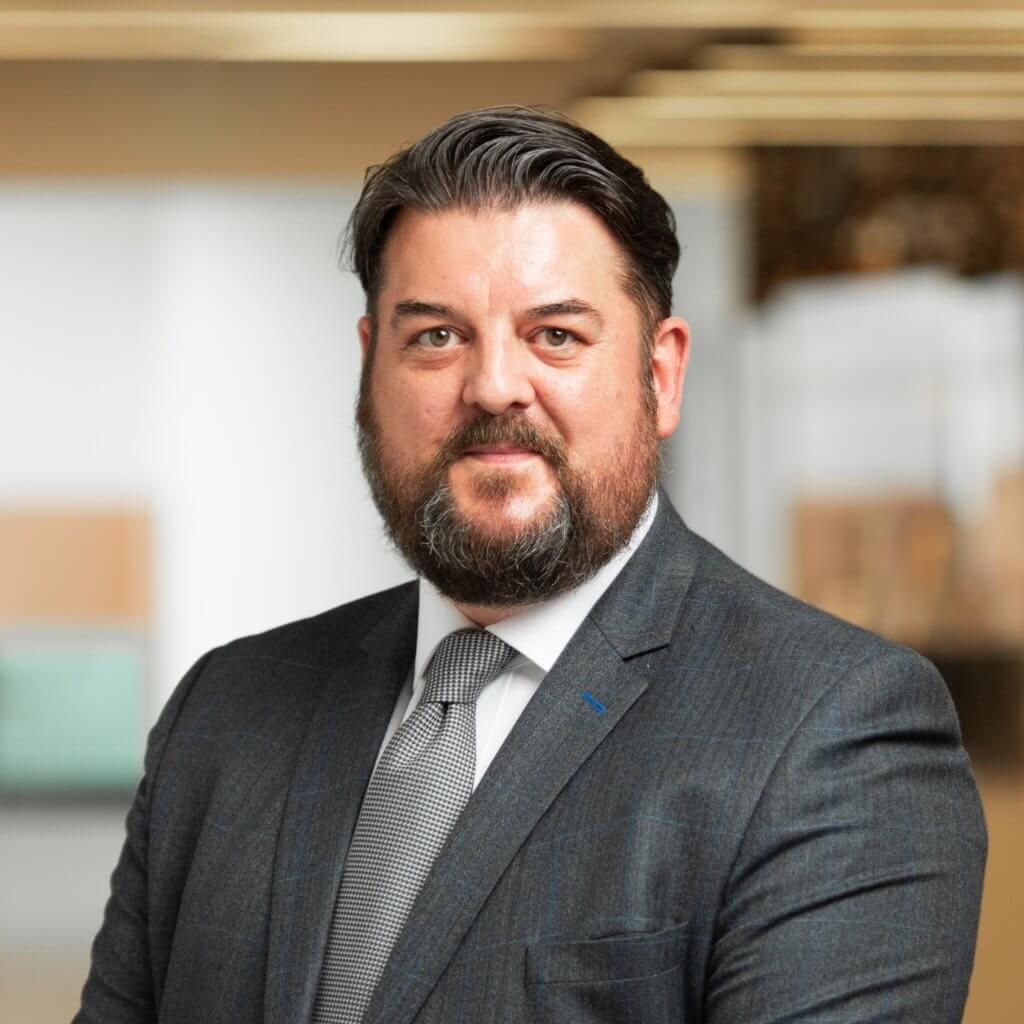
Graham Brown, Manager – Crisis and Response, Petrofac Training Services
Episode 23: Connecting Global Crisis Teams – The Success of Hybrid Crisis Management
Graham is one of the UK oil and gas industry’s most experienced Emergency Preparedness and Response practitioners, with over 30 years of experience. He has supported energy companies in the UK and overseas in Malaysia. He has personally responded to around 100 real emergencies including multiple medical or fatal accidents, fire and explosions, oil spills, vessel collisions, installation evacuation and abandonment, protester boardings, and hostage situations. In between real emergencies he works with a team of practitioners based in Aberdeen at Petrofac’s Emergency Response Service Centre to design and deliver client responder Incident and Crisis Management preparedness programmes worldwide.
02:47 How would you define what is a professional responder?
05:03 In regards to the pandemic, how has that disrupted business models across all industries and how do you think that specific crisis centres like yours, Petrofac is impacted?
07:35 During the pandemic you took everything from your physial environment in your center and you just virtualized it using tools and technologies such as teams. Perhaps the software solution from F24 as well helped you to achieve it?
08:42 If we want to look at an ultimal crisis responce. Is there a way that you can define it or how would it be set up?
11:37 How does the industry requirements impact your prepadness or the organizations preparedness?
14:20 What have you learned by working in your profession that you may have adopted as a standard working practice either in your personal life or perhaps your professional life?
Episode 24: Responding to Trauma – How Crisis Teams should Train for Trauma Response
Cath Kerr is an associate fellow of the British Psychological society, a charted counselling psychologist and the Co-founder of KRTS international. Cath began her career in the voluntary sector working with people who had experienced domestic violence. Since then, she has gone on to specialise in managing the psychological impact of critical incidents, with an MSc in Psychological trauma and around 25 years’ experience of working with high-risk organisations and clients suffering from the full range of reactions to crisis and trauma from acute stress to Post-Traumatic Stress Disorder (PTSD). These have included serious assaults, sexual violence, hostage situations, firearms incidents, witnessing violence and death.She is an EMDR consultant, internationally published author, and presenter.
03:04 How would you best define what trauma actually is?
04:40 What sort of symptoms should first responders look for while dealing with traumatic or critical signs?
06:21 Some people can get withdrawn, perhaps a little bit quiet, and maybe are not showing the obvious signs. How would you recommend trying to look after those?
07:05 What is the primary function that crisis and trauma responders do and what is the rational behind that?
09:00 What should be the first line of action when dealing with trauma response and why?
11:11 What have you learned by working in your profession that you may have adopted as a standard working practice either in your personal life or perhaps your professional life?

Cath Kerr
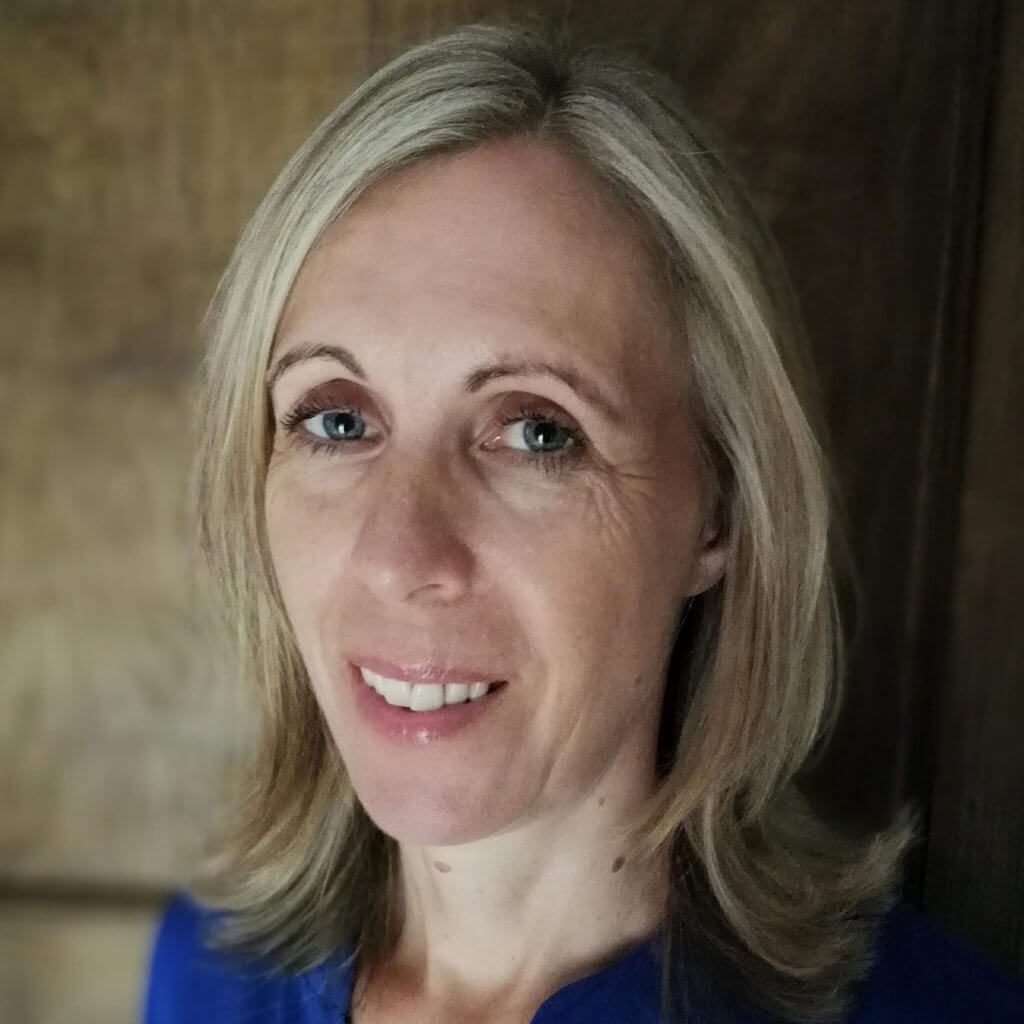
Dr Liz Royle – Director at KRTS International
Episode 25: Responding to Trauma – Part 2- How Crisis Teams should Train for Trauma Response
In continuation from our last episode, in this episode, we dive further into trauma response – how it impacts trauma responders and how they can best prepare for their roles. Doctor Liz Royle, has over 25 years experience in the field of helping organizations, to strategically prepare for and respond to the impact to humans in workplace in dealing with crisis and trauma. This is also included consultancy to develop trauma intiviatives, creating similation exercises as well as the training the stuff at all levels of organizations.As an experienced trauma psychotherapist, Liz has also worked extensively with clients suffering from Post-Traumatic Stress Disorder and crisis reactions including those following multiple fatalities, serious assaults and accidents, acts of terror and natural disasters. She was a founder member of the UK Psychological Trauma Society and is a multiple published, international author.
Her company KRTS International offers a range of award-winning, digital solutions for managing the risks posed by workplace crises and trauma.
03:13 Why do you think despite having enormous amounts of information available on crisis probabilities is it really difficult for people to talk about crisis preparedness?
06:30 Could you elaborate a little bit more on that psychological impact for the members of crisis management team? What are the signs and symptoms?
10:20 It must be a real challenge for a crisis team in terms of levels of authority. And maybe there is a natural assumption that those leaders will be the ones that are the best coping with the situation but perhaps it is not the case?
10:45 How do you think we should best support the crisis management teams when they are running the operations? What are their additional needs?
12:52 When do you think it is the right time for them to receive that support?
16:04 What have you learned by working in your profession that you may have adopted as a standard working practice either in your personal life or perhaps your professional life?
Episode 26: Geopolitical Issues of of the Western Balkans – How can Businesses prepare for the challenges?
Dr. Robert Mikac is an Associate Professor in the field of Political Science, specialising in Social Sciences at the University of Zagreb. His career began with his position as a Military Police Company Commander, where he served as a First Lieutenant and was entrusted with the crucial task of 24/7 military police supervision and protection of the MoD.
Dr. Mikac’s expertise extends to various spheres, as he was employed at the Croatian National Protection and Rescue Directorate as Head of the Sector for civil protection – Commander of civil protection of the Republic of Croatia. He is also a renowned member of the Council for Homeland Security of the President of the Republic of Croatia.
As an acclaimed academic, Dr. Mikac specialises on a range of topics including International Relations, International and National Security, Security Management, Crisis and Disaster Management, Civil Protection, Critical Infrastructure Protection and Resilience, and Migrations and Security.
02:26: What are the challenges faced by countries in the western Balkans in particular regarding political, economic and security situation?
06:02: In your opinion which of those is the main challenge in particular looking at geopolitical tensions and how this can be taken into account when discussing how organisations can do business in the area and be more prepared?
10:02: Would there be a tendency for these organisations to align to European or the international standards?
11:23: How do you see the current conflict in the Ukraine? How does that affect political and security situation in the western Balkans?
14:03: What is the median term perspective on the political,economic and security measures. What sort of the future opportunities should be considered when taking this into consideration?
16:21: What have you learned by working in your profession that you may have adopted as a standard working practice either in your personal life or perhaps your professional life?
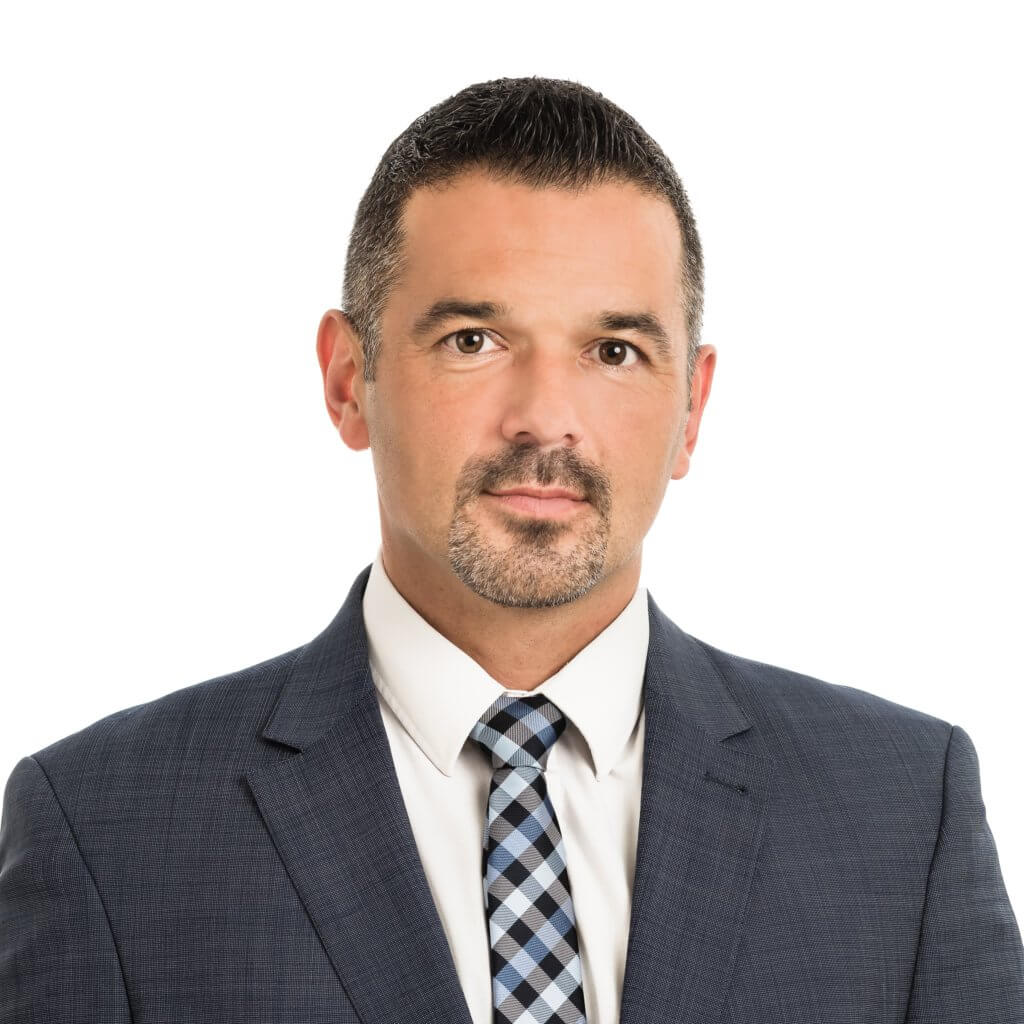
CPhD Robert Mikac
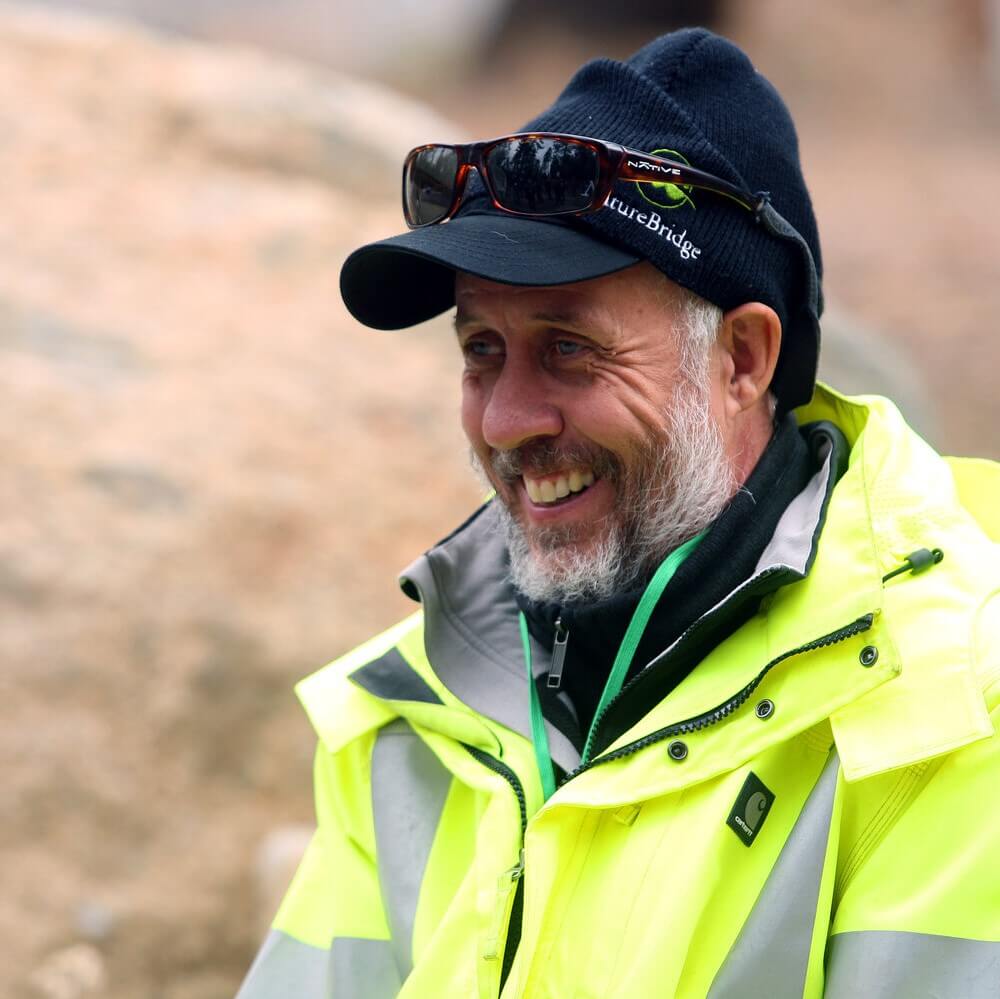
Moose Mutlow
Episode 27: Compassion in Crisis – Understanding the Psychological Dimensions of Emergencies
Moose has nearly 4 decades of traditional and alternative education experience around the globe. He has course directed 58-day Outward Bound instructor trainings in Appalachia, been a deputy headmaster in the Kalahari Desert, managed a beach concession on the Mediterranean, slogged through Australian rain forests with middle school students, has more than 2000 days of field instruction in a wilderness setting, and recently returned from teaching a canoe program for Veterans on the Gulf of Mexico.
Since 2002 Moose has been a member and senior trainer of Yosemite Search and Rescue, working as a technician and within Incident Command, at one of the busiest SAR operations in the world.
Moose currently works for NatureBridge in Yosemite National Park as the Senior Projects Director for planning, design and construction of the National Environmental Science Center.
Moose has been the Lead Trainer for Family Liaison Officers for the National Park Service teaching trainings with staff from Yosemite, Arches, Smokey Mountains, Olympic, Rocky Mountain, Theodore Roosevelt, Joshua Tree, Sequoia Kings, Point Reyes, Lassen, Teton and Yellowstone National Parks.
02:59 Can you tell our audience a little bit more about all that you do for family liaison support and in particular rescue operations?
04:10 In terms of defining that emergency because it can be relative from one person´s emergency to another person´s emergency. What would you define as a full search and rescue operation emergency?
05:08 And managing those emergency situations would you be fair to say that you try to direct and steer the situation as best you can without it escalating into a broader ineherent drama and more critical situation?
06:25 What do you think families need when they face a crisis in the resulting trauma?
08:02 You talked a lot about distress continium in your work. Can you elaborate a little bit further in terms of the context of that in the psychological first aid?
12:01 What have you learned by working in your profession that you may have adopted as a standard working practice either in your personal life or perhaps your professional life?
Episode 28: 2023 Summer Special Episode
With half of the year gone already and summer in full swing, it’s time for a little retrospection!
We welcome you to this special episode where we address a very important question – “What have you learned in your profession that you may have adopted in your own standard working practice or in your personal life?”
Tune in to hear what profound insights our guest speaker have gained from their profession that have shaped their lives.
Featuring in this episode:
00:15 Alessandro Lazari, Senior Key Account Manager, F24 AG
02:24 Graham Brown, Manager – Crisis and Response, Petrofac Training Services
05:28 Cath Kerr, associate fellow of the British Psychological society, a charted counseling psychologist, cofounder of KRTS international
06:40 Dr Liz Royle – Director at KRTS International
08:55 PhD Robert Mikac, Associate Professor in the field of Political Science, International author
10:20 Moose Mutlow – Family Liaison Officer trainer, Swiftwater Rescue practitioner and author
11:26 Heidi Snow, Founder / CEO – AirCraft Casualty Emotional Support Services (ACCESS)
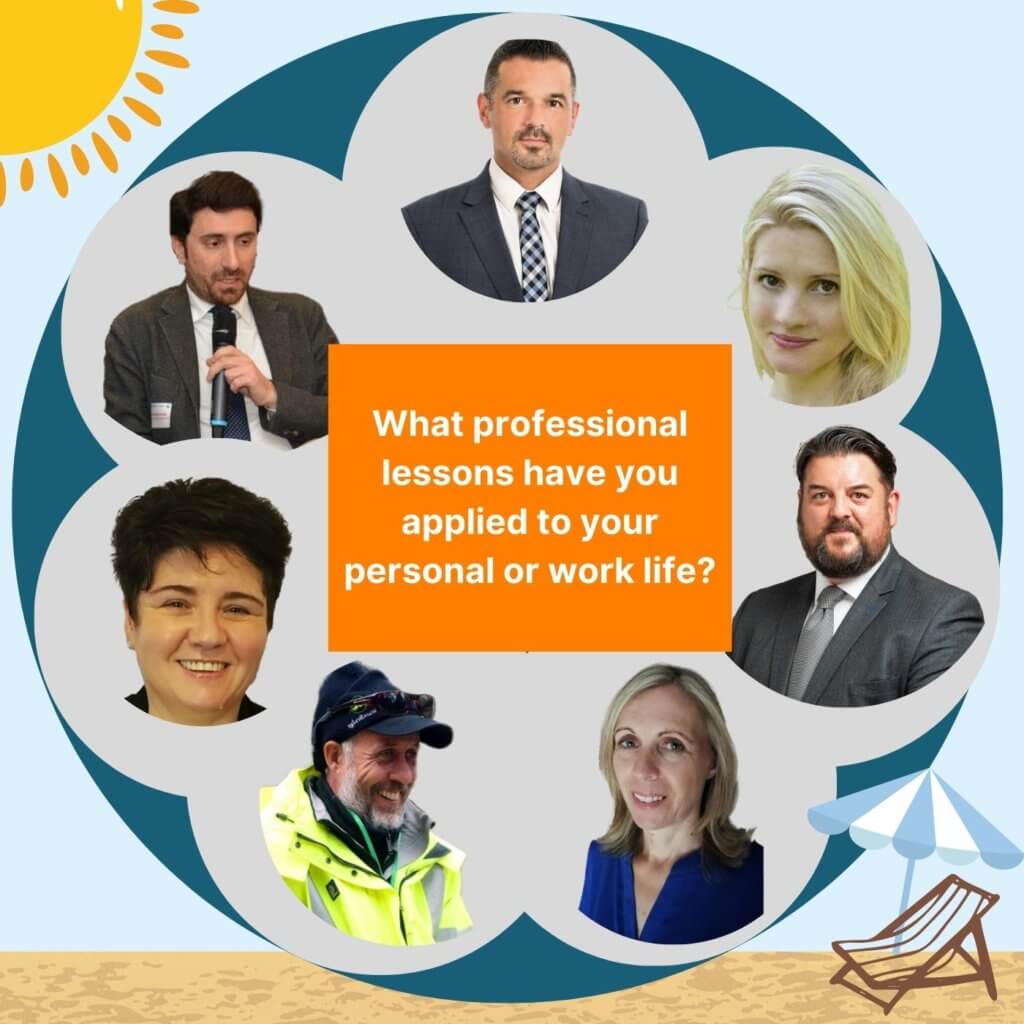
CPhD Robert Mikac

Stefanie Hach, Head of Sales & Marketing, F24 Luxembourg
Episode 29: Top Trends in Cyber Security – And How the Field can Grow
Stefanie Hach works for F24 Luxembourg.She holds an M. Sc. in Management from the European Business School and has a background in business consulting for digital services with working with many fortune 500 companies. Stefanie joined the F24 in 2017 and since has learned her trade in crisis management at the side of the F24 founder Christian Götz. Stefanie heads the commercial team at F24 Luxembourg and she is responsible for establishing and directing all sales and marketing activities in Luxembourg and also the Netherlands. Stefanie is also a member of the board of Women Cyber Force, an NGO supporting females in the technology industry and aiming to increase the female presence at the field of cyber.
02:21 What are the top trends in cyber risk for the next few years ahead?
03:45 And in regards to the growing trend of internet of things – So if we combine it with the cybersecurity, is it something we need to have a closer look at?
05:50 Why is the female presence in cybersecurity so little today?
07:48 Do you think the cybersecurity industry needs a change for women to become more engaged within opportunities?
08:50 What have you learned by working in your profession that you may have adopted as a standard working practice either in your personal life or perhaps your professional life?
Episode 30: Alerting everywhere, at any time: Emergency Warning Service
In this episode we are joined by two leading experts, Amelie Grangeat and Laurent Arzel, who will talk about how EWSS is revolutionizing the way we respond to emergencies by leveraging the power of satellite technology. Amelie is a Senior Product Manager at F24 and a Public Warning System Expert. She has appeared on our podcast before as well. She is in conversation with Laurent Arzel who is the Navigation Project Leader from TELESPAZIO. Listen to them talk about how technology is making Public Warning System more effective to cover all kinds of crisis scenarios.
03:46 Could you please present the Galileo constellation and the GNSS signal ?
06:26 Is this Galileo signal compatible with all smartphones in Europe ?
10:15 Could you please present the Stellar project, its objectives and the consortium ?
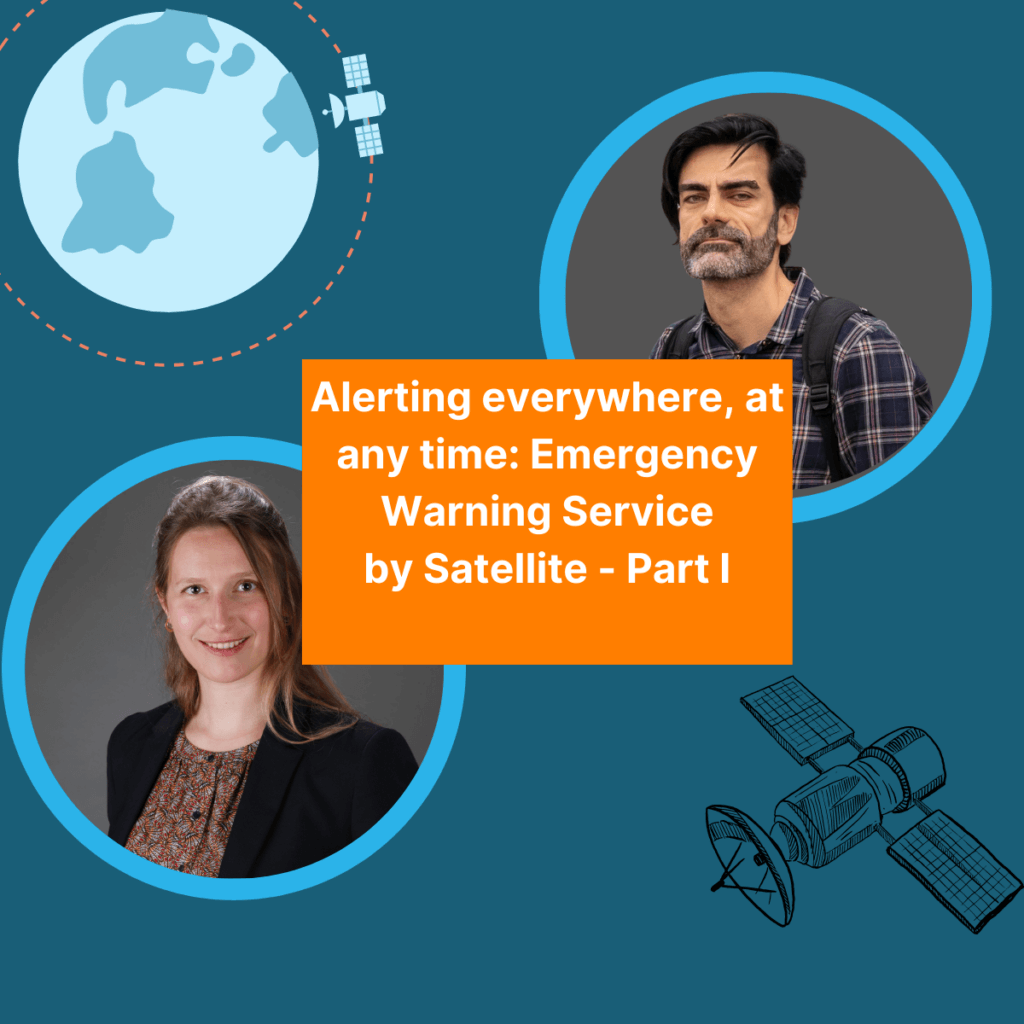
Amélie Grangeat, Senior Product Manager and Expert on public warning systems at F24 & Laurent Arzel, Navigation Project Leader, TELESPAZIO
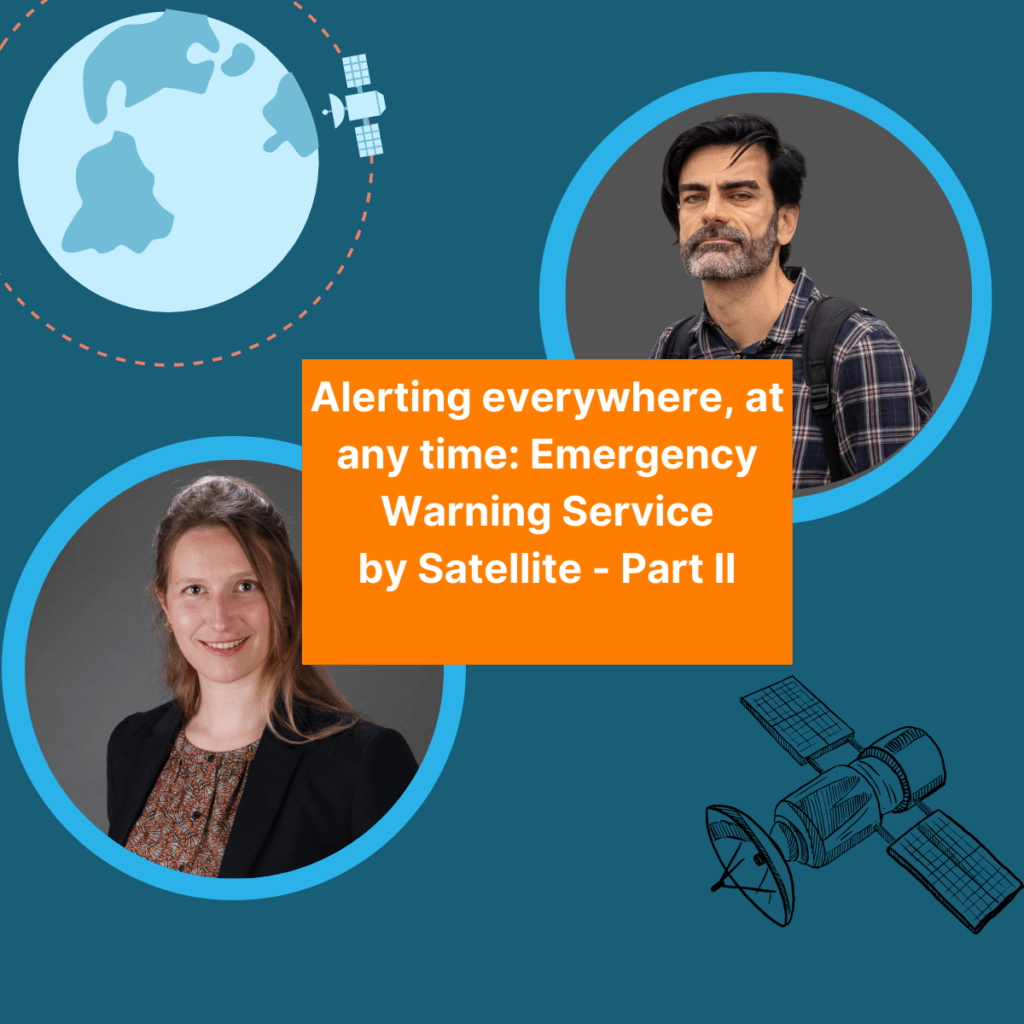
Amélie Grangeat, Senior Product Manager and Expert on public warning systems at F24 & Laurent Arzel, Navigation Project Leader, TELESPAZIO
Episode 31: Alerting everywhere, at any time: Emergency Warning Service
In this episode we are joined by two leading experts, Amelie Grangeat and Laurent Arzel, who will talk about how EWSS is revolutionizing the way we respond to emergencies by leveraging the power of satellite technology. Amelie is a Senior Product Manager at F24 and a Public Warning System Expert. She has appeared on our podcast before as well. She is in conversation with Laurent Arzel who is the Navigation Project Leader from TELESPAZIO. Listen to them talk about how technology is making Public Warning System more effective to cover all kinds of crisis scenarios.
08:42 What are the next steps/obstacles to remove so that this project goes live ?
10:38 What have you learned by working in your profession that you may have adopted as a standard working practice either in your personal life or perhaps your professional life?
Episode 32: Navigating the Supply Chain Act- Key Considerations for Business Compliance
In this episode, we are joined by Dr. Roland Pulfer, a seasoned entrepreneur with over 30 years of experience and a focus on governance, risk, and compliance. The episode revolves around the Supply Chain Act, a regulatory challenge for numerous businesses. Roland sheds light on its global reach, the significant implications for businesses as well as the challenges that might come along, like e.g. complex supply chains, resource constraints within compabies, and the need for comprehensive due diligence.
02:09 Compared to other regulations of the past, how do you see the EU Supply Chain Act? What are its implications and requirements?
04:47 Which companies fall in the scope of the Supply Chain Act? What are the impacts on international companies?
08:15 What are the practical consequences for businesses?
10:45 What obstacles may arise for businesses during the implementation of these guidelines?
13:15 What advice would you give to companies obliged to comply with the Supply Chain Act?
14:40 What have you learned by working in your profession that you may have adopted as a standard practice either in your personal life or perhaps your professional life?

Guest Speaker: Dr. Roland Pulfer, Founder of Business-DNA Solutions GmbH and GRC Exper
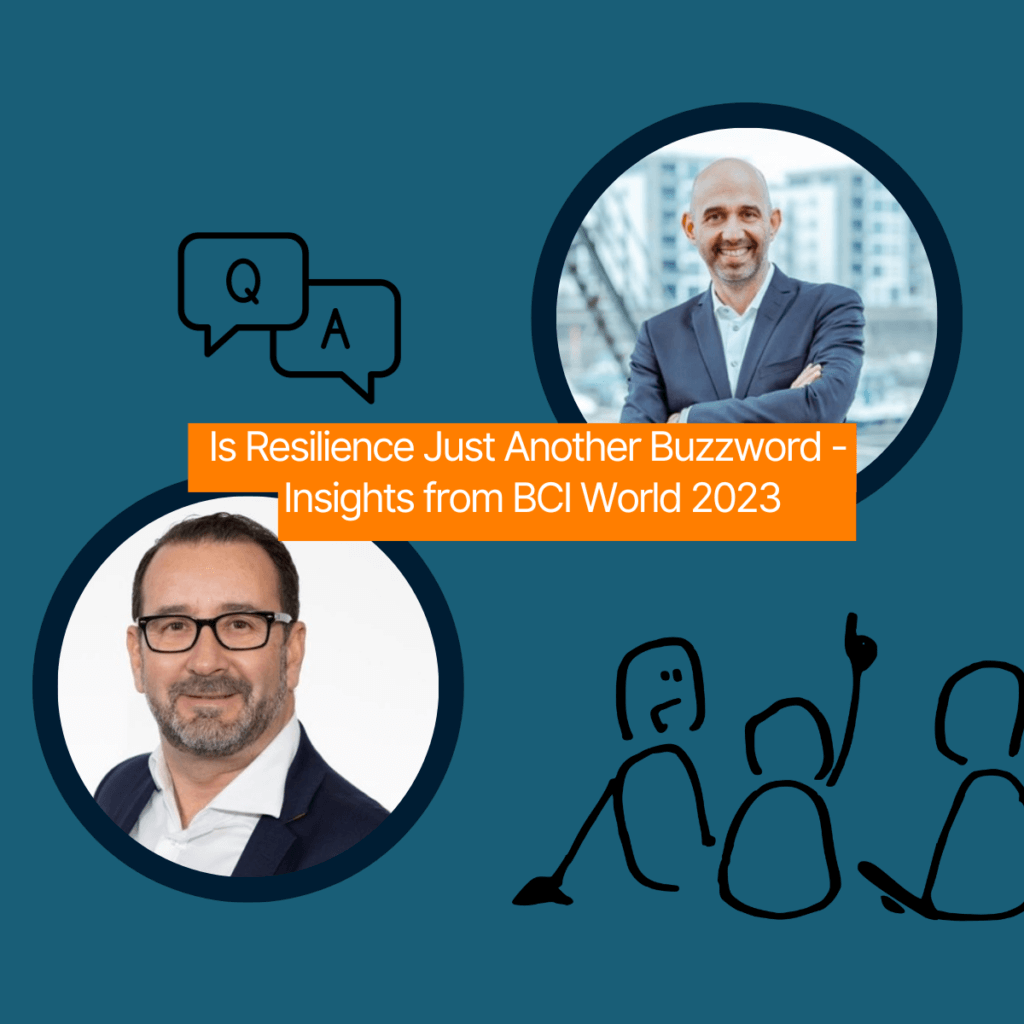
Markus Epner & John Davison
Episode 33: Is Resilience Just Another Buzzword – Insights from BCI World 2023 – Part I
John is in conversation with:
Markus Epner – Head of Academy at F24 AG. Markus possesses a wealth of experience in security and crisis management. He served as a Special Forces officer during the Bosnian and Kosovo wars and worked in leadership roles in the corporate sector for over two decades, primarily at Lufthansa and Boehringer Ingelheim. Markus holds degrees in Security and Crisis Management from Kiel and security & crisis studies from the Police Administrative College in Schleswig-Holstein.
5:01 People were really interested in holistic software solutions
08:55 There’s a hurricane that’s come over the BCI world which no longer talks about Business Continuity but about Resilience
10:57 Innovation Resilience, that is a term I have never heard before – where you are continuously inovating
15: 30 There’s this fear that Resilience is hardly attracting attention anymore because it’s so overused
Episode 34: Is Resilience Just Another Buzzword – Insights from BCI World 2023 – Part II
John is in conversation with:
Markus Epner – Head of Academy at F24 AG. Markus possesses a wealth of experience in security and crisis management. He served as a Special Forces officer during the Bosnian and Kosovo wars and worked in leadership roles in the corporate sector for over two decades, primarily at Lufthansa and Boehringer Ingelheim. Markus holds degrees in Security and Crisis Management from Kiel and security & crisis studies from the Police Administrative College in Schleswig-Holstein.
1:14 In the past we had every few years one crisis, then we had polycrisis… and now we are in the era of primacrisis
4:23 Markus, what’s your view of what’s the future of Resilience?
8:15 It’s so ridiculous that 50 years after tthe crisis scenario of Apollo 13, people still think that they have to manage crisis with pen and paper
11:52 Technology increases the ability for collaboration for different divisions in an organisations or different disciplines

Markus Epner & John Davison
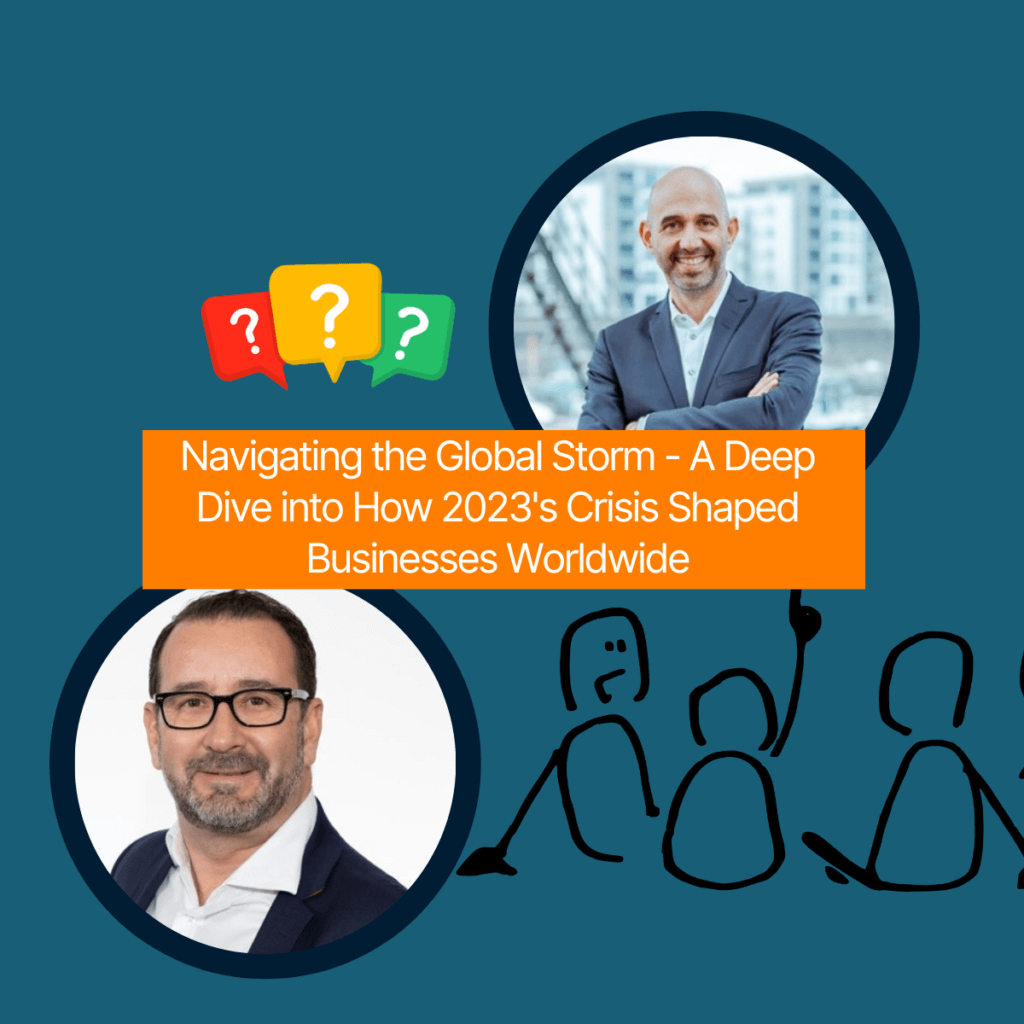
Markus Epner & John Davison
Episode 35: Navigating the Global Storm – A Deep Dive into How 2023’s Crisis Shaped Businesses Worldwide
John is in conversation with:
Markus Epner – Head of Academy at F24 AG. Markus possesses a wealth of experience in security and crisis management. He served as a Special Forces officer during the Bosnian and Kosovo wars and worked in leadership roles in the corporate sector for over two decades, primarily at Lufthansa and Boehringer Ingelheim. Markus holds degrees in Security and Crisis Management from Kiel and security & crisis studies from the Police Administrative College in Schleswig-Holstein.
3:00 Not everyone is aware of the Bow-Tie method of risk Analysis
4:12 How much crisis management knowledge should a company have to call itself Crisis ready
10:03 Because it is our last podcast of the year, it’s worth taking a look at the year so far… what has been the most important events this year for you Markus?
17:30 According to the European Climate Monitoring System, 2023 will be the hottest year on record. Last month broke the previous November heat record and increased the global average temperature to 1.46°C
21:53 Experiences from the CSO 360 in Berlin, and ASIS Finland
Episode 36: Cybersecurity in the Courtroom – Legal Challenges in the Digital Realm
In today’s special episode, Nadia Schaff and Daniel Wildmann, who are both from the international law firm, Pinsent Masons, will be addressing the legal consequences of cyber related crisis management. Nadia Schaff advises German and international clients on the implementation of the data protection and data security requirements especially in relation to cyber incidents. In addition Nadia advises on e-commerce topics which involves supporting clients with the planning and implementation of IT projects as well as drafting and negotiating on related software licensing agreements. Daniel advises national and international companies on digital transformation supporting them along the whole journey from digitalizing business processes to implementing new technologies such as cloud or blockchain services. Much of Daniel´s work is advising clients on the implementation and enforcement of data protection and data security requirements along with supporting handling cyber incidents.
03:05: When it comes to cyber related crisis incidents, there are several repurcussions that one must consider from a legal perspective. Can you share with us what those considerations are?
05:33 How would you typically expect organizations to fulfil that communication to these third parties?
07:10 In regards to the primary stakeholders, who else needs to be identified in such a crisis?
09:26 How do you think companies can prepare to comply with NIS2 and what are the legal anticipations?
13:26 What about those international organizations that operate beyond the EU and across multiple borders, how does data protection and GDPR applicability take consideration?
16:23 How can clients develop crisis management plans that address the notification obligations across this multiple states and jurisdictions while minimizing the potential conflicts of interest or legal obligations or challenges?
20:28: What have you learned by working in your profession that you may have adopted as a standard working practice either in your personal life or perhaps your professional life?
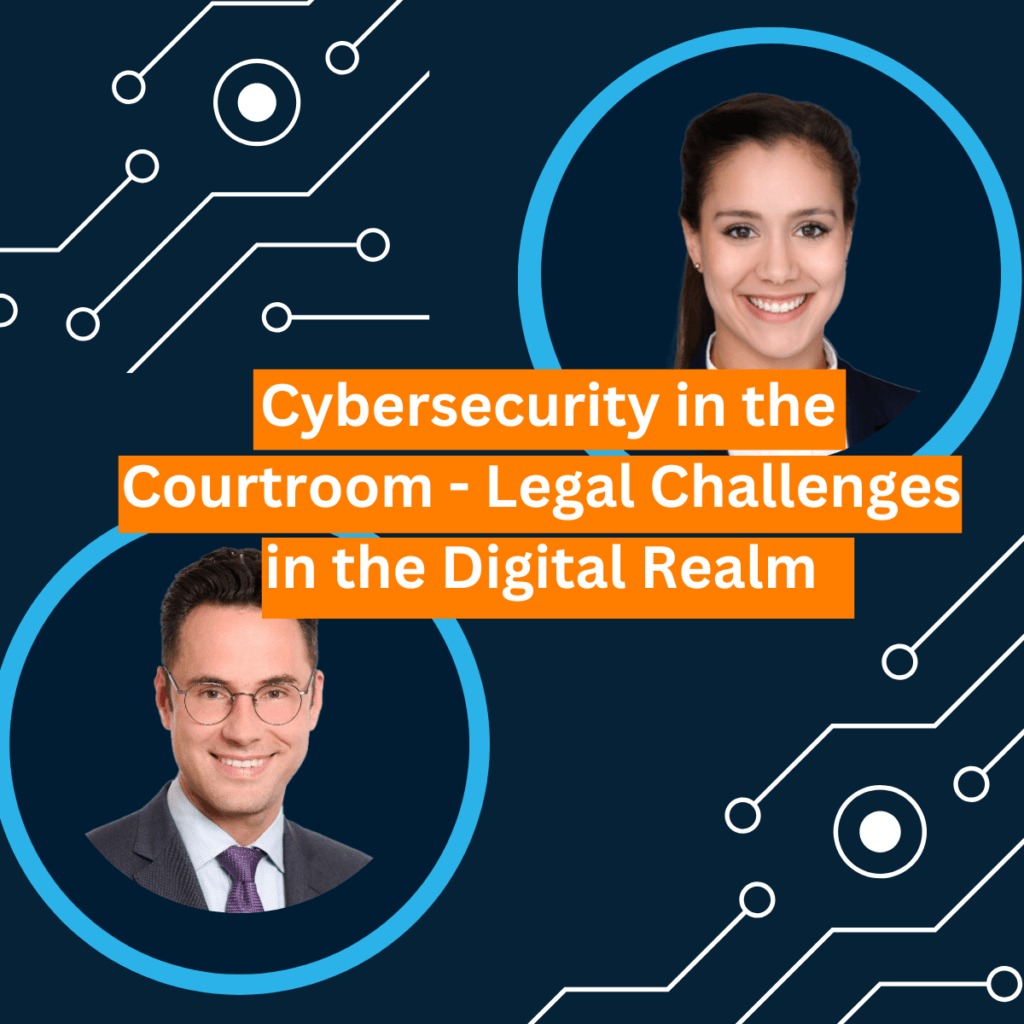
Daniel Widmann & Nadia Schaff
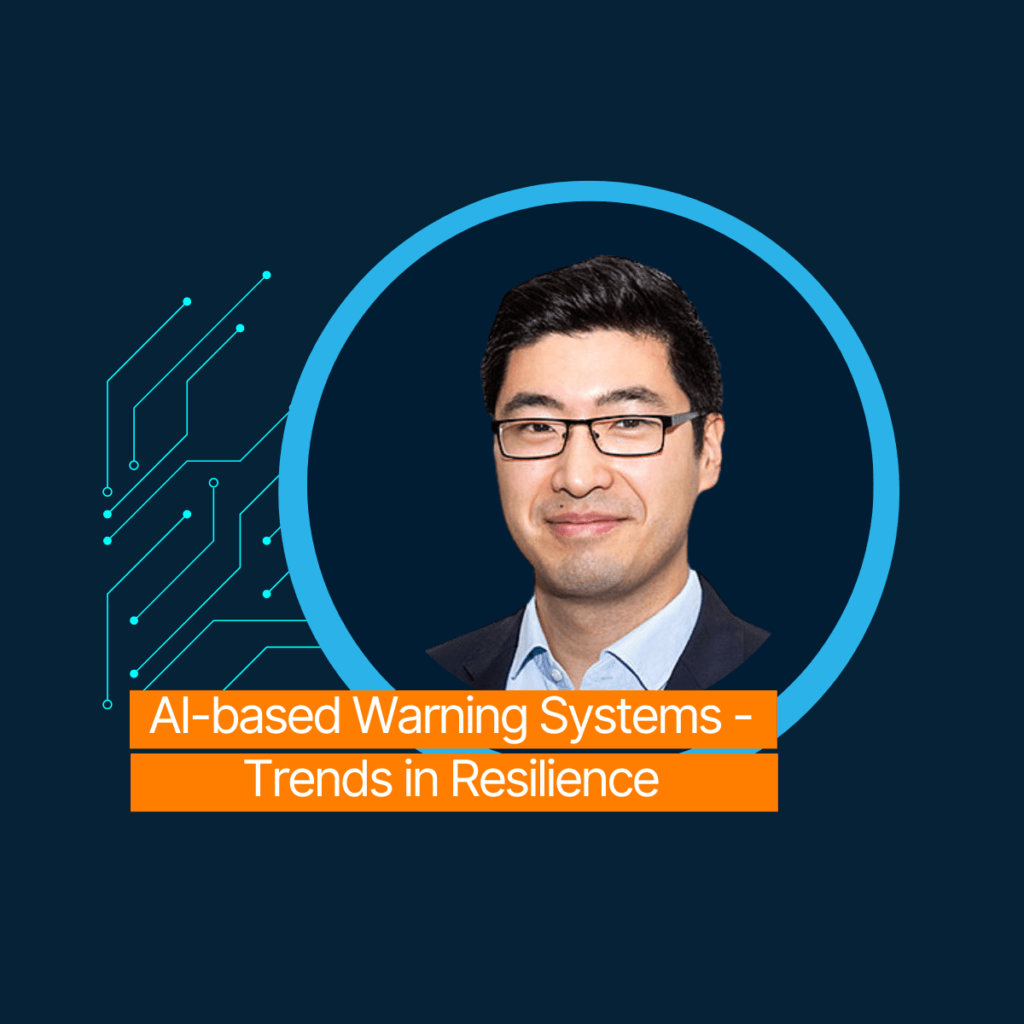
Jackie Ma
Episode 37: AI-based Warning Systems – Trends in Resilience
Jackie Ma is an accomplished mathematician and researcher specializing in applied machine learning. He obtained his MSc and Dr. rer. nat. degrees from the Technical University of Berlin. During his academic journey, he held visiting researcher positions at ETH Zurich, the University of Cambridge, and the University of Hong Kong. In 2017, he joined the Fraunhofer Institute for Telecommunications-Heinrich Hertz Institute, where he currently serves as the head of the Applied Machine Learning Group.
Currently, he is heading a project on Artificial Intelligence, commissioned by the German Federal Ministry for Economic Affairs and Climate Action. His team also leads several government funded projects which explore the possibilities of Artificial intelligence in the domains of natural disaster management, healthcare and climate affairs and more.
02:32 You have been working on a project that is funded by the German Ministry for Economics and Climate Affairs where you are building an early warning system to support the German economy. Can you please tell us about the role of AI in this project – how AI can help?
04:54 How does this model cater to specific industries or industry specific needs?
06:59 What do think are the opportunities and challenges of an AI based warning system?
09:20 So it looks like AI is going to have a significant role in the Resilience industry – could you please tell us a bit about the current trends and what we can expect in the near future?
11:20 What have you learned by working in your profession that you may have adopted as a standard working practice either in your personal life or perhaps your professional life?
Episode 38: Editing the Narrative – Wikipedia’s Role in Managing Brand Reputation
Rhianon Ruff has more than 10 years of experience helping Fortune 100 companies navigate Wikipedia. Rhi has contributed to boutique digital agencies during that time, working with countless brands and business leaders to update their Wikipedia entries in line with the site’s rules and guidelines. While collaborating with clients, she has recognized a significant knowledge gap about the pivotal role of Wikipedia in safeguarding the digital reputation of brands. Consequently, she has taken proactive measures to elevate awareness about this crucial subject, channeling her expertise into offering insightful books and delivering engaging talks on diverse platforms.
02:30 Rhi, you are an expert who advises companies on working with Wikipedia. Can you tell our audience a bit about how Wikipedia fits into the scheme of crisis communication?
06:02 What are the common mistakes that you see crisis communication professionals frequently committing when handing Wikipedia?
09:37 I guess a natural follow up of my last question would be – what are the best practices that communication professionals need to adhere to while handling Wikipedia especially in case of a crisis?
12:54 To sum it up, what do you think businesses are missing out on if they don’t include Wikipedia in their crisis management process and what’s a good place to start?
15:58 What have you learnt by working in your profession that you may have adopted as a standard working practice either in your personal life or perhaps your professional life?

Rhianon Ruff
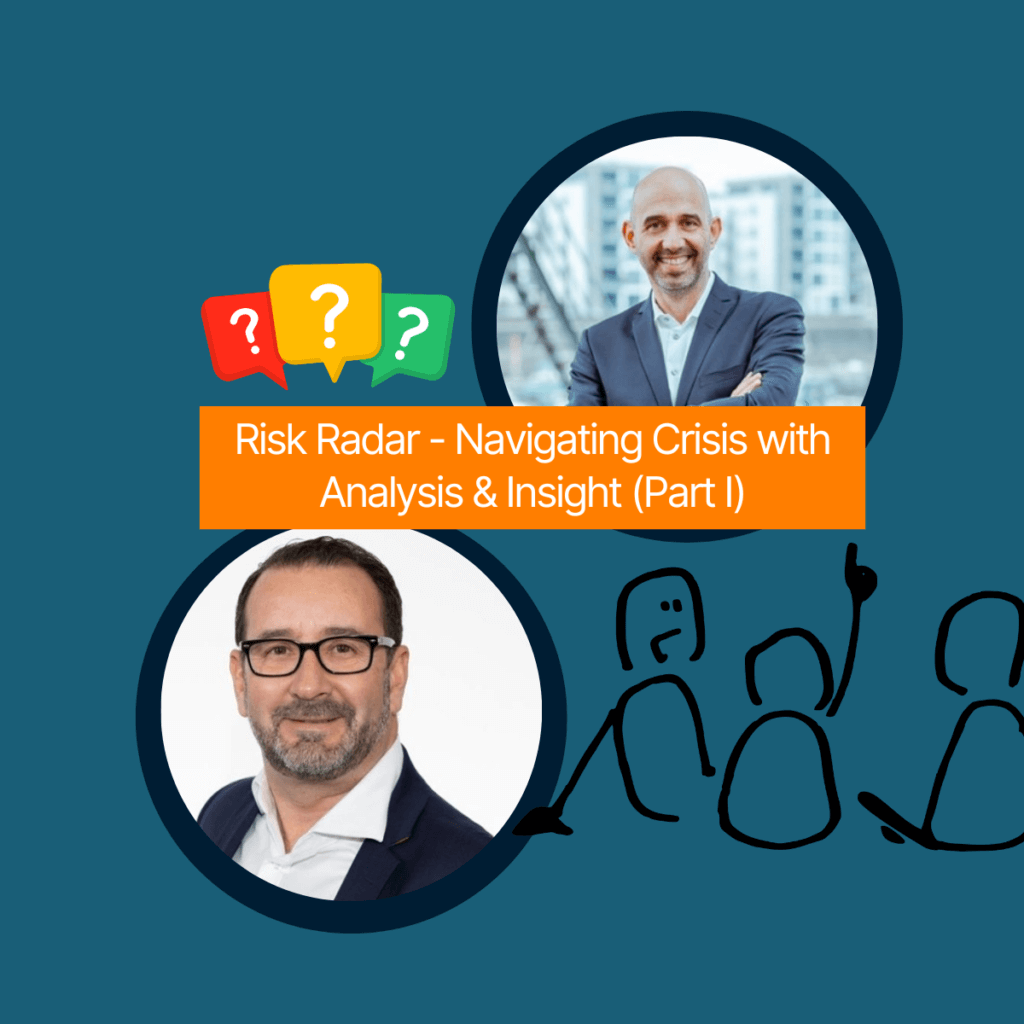
Markus Epner & John Davison
Episode 39: Risk Radar – Navigating Crisis with Analysis & Insight (Part I)
In this episode, John is again in conversation with:
Markus Epner – Head of Academy at F24 AG. Markus possesses a wealth of experience in security and crisis management. He served as a Special Forces officer during the Bosnian and Kosovo wars and worked in leadership roles in the corporate sector for over two decades, primarily at Lufthansa and Boehringer Ingelheim. Markus holds degrees in Security and Crisis Management from Kiel and security & crisis studies from the Police Administrative College in Schleswig-Holstein.
03:00 Why should a resilience manager or a crisis manager who has already a hundred hours of overtime, dealing with severe challenges round the clock read a risk report or even several risk reports?
05:29 I am curious Markus, shifting through the mountain of pages, which risk reports have you been pouring over and why are they important?
08:30 These reports help us flex our decision making skills and fortify our organisation’s resilience
10:24 Cyber security and data protection will take centre stage as will the importance of talent management and climate change adaptions, supply chain risks and the need for a fliexible holistic risk management strategy
15:05 That’s really impressive example of how regional conflict can have a global impact across continents
Episode 40: Risk Radar – Navigating Crisis with Analysis & Insight (Part II)
In the second part of the episode, John is in conversation with:
Markus Epner – Head of Academy at F24 AG. Markus possesses a wealth of experience in security and crisis management. He served as a Special Forces officer during the Bosnian and Kosovo wars and worked in leadership roles in the corporate sector for over two decades, primarily at Lufthansa and Boehringer Ingelheim. Markus holds degrees in Security and Crisis Management from Kiel and security & crisis studies from the Police Administrative College in Schleswig-Holstein.
02:40: Just reading the risk reports isn’t enough, if you haven’t adjusted yours processes, your crisis management plans, yours BCM plans, you haven’t finished the job
06:10 Can you remember our first podcast episode together, where we spoke about virtual crisis management… the pros and cons of it?
08:41 London Stansted airport hosted the F24 Aviation Day this year and they gave a particularly impressive presentation on operational resilience and how they use F24’s CIM
To access the insights from the F24 Aviation Experience Day in London, click here: F24 Aviation Experience Day – F24

John & Markus

Markus Epner & Philippe Quevauviller
Episode 41: Building Resilient Societies – Preparedness & Innovation (Part I)
Alessandro Lazari, critical infrastructure protection, resilience and cyber security expert and former scientific officer at the European Commission Joint research Center, is in conversation with:
Philippe Quevauviller who has over three decades of dedicated service to the European Commission. He is a Policy Officer who has played a pivotal role in shaping and advancing policies related to security, crisis management, and disaster response.
With a wealth of experience spanning different sectors and a deep understanding of policy intricacies, Philippe continues to be a driving force in shaping Europe’s approach to security and crisis management.
02:52 Let’s talk about disaster risk and resilient societies nowadays. How important is to be prepared and how the EU would like to achieve these goals?
06:12 DG Home, among other initiatives, is running the CERIS (Community for European Research and Innovation for Security). Can you tell us about this initiative and the role of Research in achieving security and resilience?
08:57 We need to open our expertise and recognise that we have to learn from each other
11:08 Most of the important decisions were taken in the evening when we were finally relaxed
11:37 When you talk about Resilience, especially in the last years, do you also consider climate change?
Episode 42: Building Resilient Societies – Preparedness & Innovation (Part II)
Alessandro Lazari, critical infrastructure protection, resilience and cyber security expert and former scientific officer at the European Commission Joint research Center, is in conversation with:
Philippe Quevauviller who has over three decades of dedicated service to the European Commission. He is a Policy Officer who has played a pivotal role in shaping and advancing policies related to security, crisis management, and disaster response.
With a wealth of experience spanning different sectors and a deep understanding of policy intricacies, Philippe continues to be a driving force in shaping Europe’s approach to security and crisis management.
01:37 The mediterrinean regions are known for flooding and droughts, in a way may be you’re better prepared. But now with climate change these kinds of mediterrinian events are coming north.
03:15 About community resilience in general, what do you think will be the main challenges in building resilience in th enext 10 years?
08:00 I try to advocate a change in the paradigme of crisis management
08:28 What have you learnt by working in your profession that you may have adopted as a standard working practice either in your personal life or perhaps your professional life?

Alessandro & Philippe
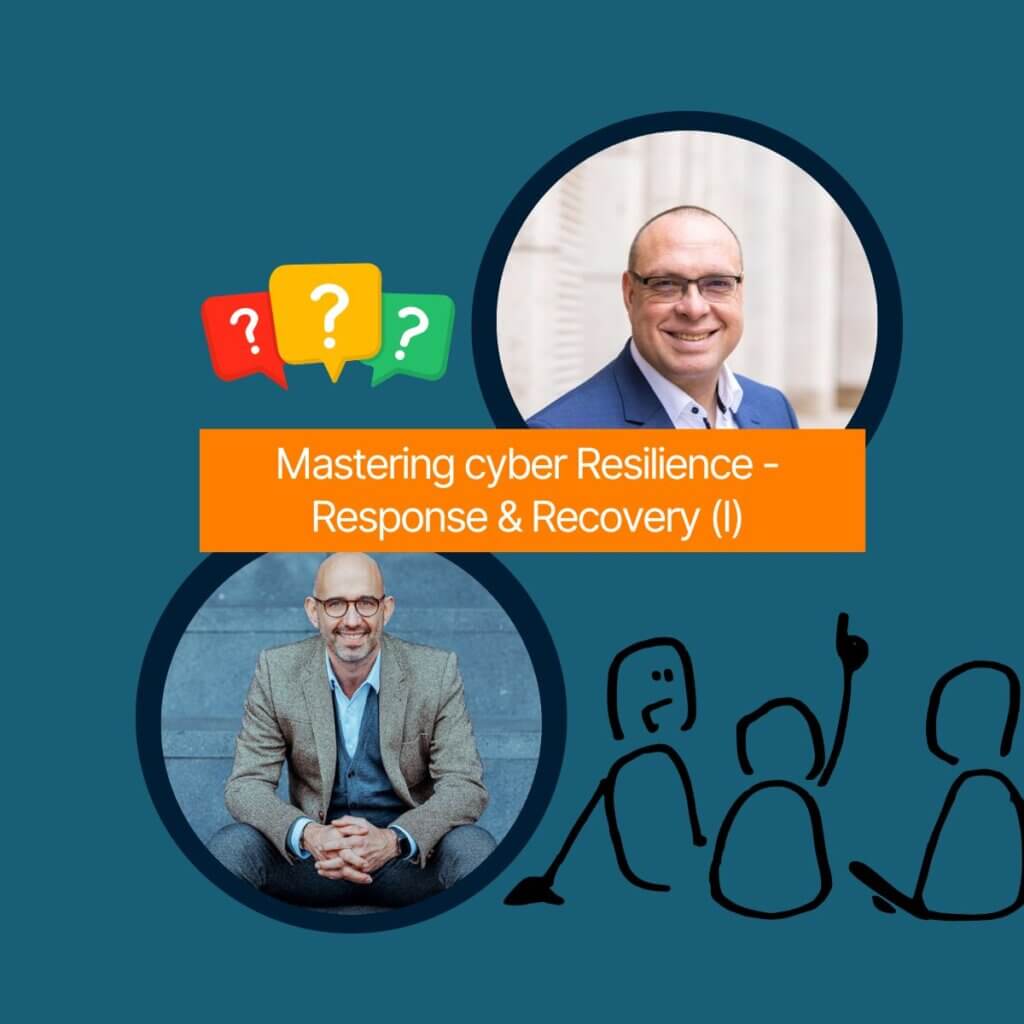
Markus and Lorenz
Episode 43: Mastering Cyber Resilience – Response & Recovery (Part I)
Markus Epner – Head of Academy at F24 AG. Markus possesses a wealth of experience in security and crisis management. In this episode, he is in conversation with –
Lorenz Kuhlee, who is a highly experienced IT security professional working with PwC’s Risk & Regulation Team in Germany. His specialties include large-scale data breach investigations, cyber incident response, and digital forensics. At PwC, Lorenz leads technical teams through complex cases and brings expertise in project management, specifically tailored to digital forensics and incident response (DFIR).
In addition to his work at PwC, Lorenz is the co-author of Computer Forensics Hacks, a practical collection of methods, tips, and tricks from computer forensics.
03:30 If you could describe a cyber incident in three words, what would they be?
06:30 There’s only three ways in which you can compromise your computer network
12:48 In your experience, what is the most critical aspect of a company’s readiness for engaging a CERT team during an incident?
16:31 I am always saying I can train every company to be like James Bond, 007 – but that also has something to do with the culture and the DNA of the company
17:19 How does a CERT team function and collaborate during an incident?
Episode 44: Episode 44: Mastering Cyber Resilience – Response & Recovery (Part II)
Markus Epner – Head of Academy at F24 AG. Markus possesses a wealth of experience in security and crisis management. In this episode, he is in conversation with –
Lorenz Kuhlee, who is a highly experienced IT security professional working with PwC’s Risk & Regulation Team in Germany. His specialties include large-scale data breach investigations, cyber incident response, and digital forensics. At PwC, Lorenz leads technical teams through complex cases and brings expertise in project management, specifically tailored to digital forensics and incident response (DFIR).
In addition to his work at PwC, Lorenz is the co-author of Computer Forensics Hacks, a practical collection of methods, tips, and tricks from computer forensics.
02:30 How should companies communicate internally during the early stage of a crisis/incident?
03:53 What happens if the whole system is compromised and there are no redundant channels for crisis communication?
07:40 What could make a situation worse?
11:34 Should they call the police or that will make the situation worse?
15:35 Communicating with the Attacker – Am I allowed to speak to the cyber criminal?

Markus & Lorenz

Markus and Lorenz
Episode 45: Mastering Cyber Resilience – Response & Recovery (Part III)
Markus Epner – Head of Academy at F24 AG. Markus possesses a wealth of experience in security and crisis management. In this episode, he is in conversation with –
Lorenz Kuhlee, who is a highly experienced IT security professional working with PwC’s Risk & Regulation Team in Germany. His specialties include large-scale data breach investigations, cyber incident response, and digital forensics. At PwC, Lorenz leads technical teams through complex cases and brings expertise in project management, specifically tailored to digital forensics and incident response (DFIR).
In addition to his work at PwC, Lorenz is the co-author of Computer Forensics Hacks, a practical collection of methods, tips, and tricks from computer forensics.
03:30 If you could describe a cyber incident in three words, what would they be?
06:30 There’s only three ways in which you can compromise your computer network
12:48 In your experience, what is the most critical aspect of a company’s readiness for engaging a CERT team during an incident?
16:31 I am always saying I can train every company to be like James Bond, 007 – but that also has something to do with the culture and the DNA of the company
17:19 How does a CERT team function and collaborate during an incident?
Episode 46: Navigating Turbulence – Building Resilience in the Aviation Industry (Part I)
In this episode, John is in conversation with Richard Drennan, Business Continuity and Crisis Response Manager at flydubai. He started his aviation career on the ground with Menzies Aviation before holding roles within Titan Airways and British Airways in the U.K. In 2014 he joined flydubai within their Network Control Centre following his original discipline of Operations Control/Flight Dispatch. Since then, he has progressed and held roles in Airport Services and Safety before being tasked heading up Business Continuity & Emergency Response for the Organisation.
In addition to these roles, Rick hold the position of Emergency Response Director and is a member of the company Threat Assessment Group.
03:34 The most dreadful floods that occurred last year, April 17th, 2024 in Dubai. How was flydubai affected?
07:46 In a way did we contribute to an overloaded system?
10:23 There wasn’t necessarily a model set for this… We suspended our operations and activated our crisis management centre.
12:30 How did you use the plans and checklists? How did they work for you? What were the lessons learnt?
16:00 It’s not like volunteers don’t get paid because they are worthless, but because they are priceless

John & Rick